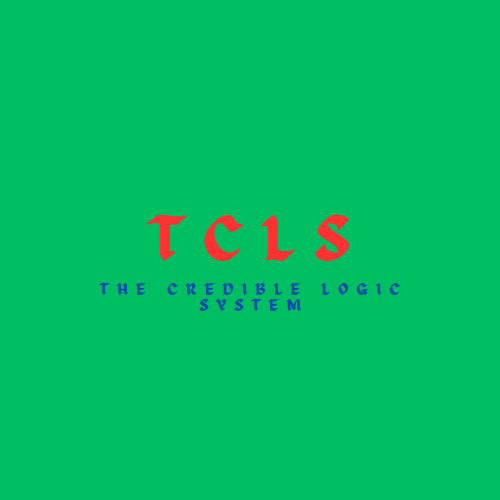
In the ever-evolving landscape of e-commerce, mastering SEO is crucial for standing out among competitors and driving organic traffic to your online store. Here’s a comprehensive guide tailored for e-commerce SEO success, covering various aspects to enhance your website’s visibility and rankings.
- Low-Hanging Keywords: Unlocking Hidden Opportunities Identify and target low-hanging keywords that are easy to rank for but still relevant to your products. These could include specific product names, long-tail keywords, or location-based phrases. This strategy helps capture niche audiences and boosts your website’s visibility.
- Competitor Insights: Learning from the Best Analyze your competitors’ strategies to gain valuable insights. Identify the keywords they are targeting, study their content, and understand their backlink profiles. This information can guide your own SEO strategy, helping you stay competitive in your industry.
- Content Gap Keywords: Filling in the Blanks Conduct a thorough content gap analysis to identify topics or keywords that your competitors may have overlooked. Create content that addresses these gaps, providing valuable information to your audience and improving your site’s overall relevance.
- Smart Keyword Selection: Balancing DA, KD, and Volume Focus on keywords with a Domain Authority (DA) less than 50, Keyword Difficulty (KD) less than 30, and a search volume greater than 100. This ensures that you target keywords with reasonable competition and high search demand.
- Topical Authority: Navigating Transactional and Top Funnel Keywords Develop a balanced strategy by targeting transactional keywords for immediate conversions and top funnel keywords to build topical authority. This approach strengthens your overall online presence and attracts a broader audience.
- Technical Audit: Ensuring a Healthy Website Structure Conduct a technical audit using tools like Screaming Frog, Google Analytics, Search Console, and Ahrefs. Address any issues related to crawlability, indexing, and page speed to enhance user experience and search engine visibility.
- Optimizing Low-Performing Pages: Turning Weaknesses into Strengths Identify and optimize underperforming but crucial pages on your website. Upgrade their content, optimize for relevant keywords, and acquire quality backlinks to boost their rankings.
- Crawl Depth Management: Keeping It Shallow Maintain a crawl depth of less than 3 for your pages and ensure that each page has internal links. Internal linking improves navigation and distributes link equity effectively throughout your website.
- Keyword Cannibalization: Streamlining Your Content Strategy Avoid keyword cannibalization by targeting unique keywords for each page. This ensures that each page serves a distinct purpose and contributes to the overall SEO strategy.
- Optimizing Pages 50-100: Unleashing Hidden Potential Identify pages ranking between 50-100 and create new content focusing on these keywords. Internally link these pages to improve their relevance and visibility.
- Expert-Driven Content: Harnessing First-Hand Experience Leverage content written or approved by subject matter experts. Share experiences, expertise, and unique insights to establish credibility and engage your audience.
- Quality Backlinks: Building a Strong Foundation Focus on creating high-quality backlinks, particularly for your homepage or other essential pages. A strong backlink profile enhances your website’s authority and improves search engine rankings.
- Comprehensive Content Pages: A Deep Dive into Topics Create in-depth, comprehensive content pages that thoroughly cover specific topics. This not only satisfies user intent but also signals to search engines that your website is an authoritative source.
- Unique Linkable Assets: Standing Out in a Crowded Space Develop unique, linkable assets such as infographics, guides, or tools. These assets attract natural backlinks and contribute to your website’s overall link-building strategy.
- Free Tools with ChatGPT: Innovative Backlink Solutions Create free tools or software, leveraging technologies like ChatGPT, to offer valuable resources to your audience. This not only enhances user experience but can also attract backlinks from users who find your tools beneficial.
By implementing these e-commerce SEO strategies, you can elevate your online store’s visibility, attract a targeted audience, and ultimately drive more conversions. Stay ahead of the competition by consistently optimizing and refining your SEO approach.
